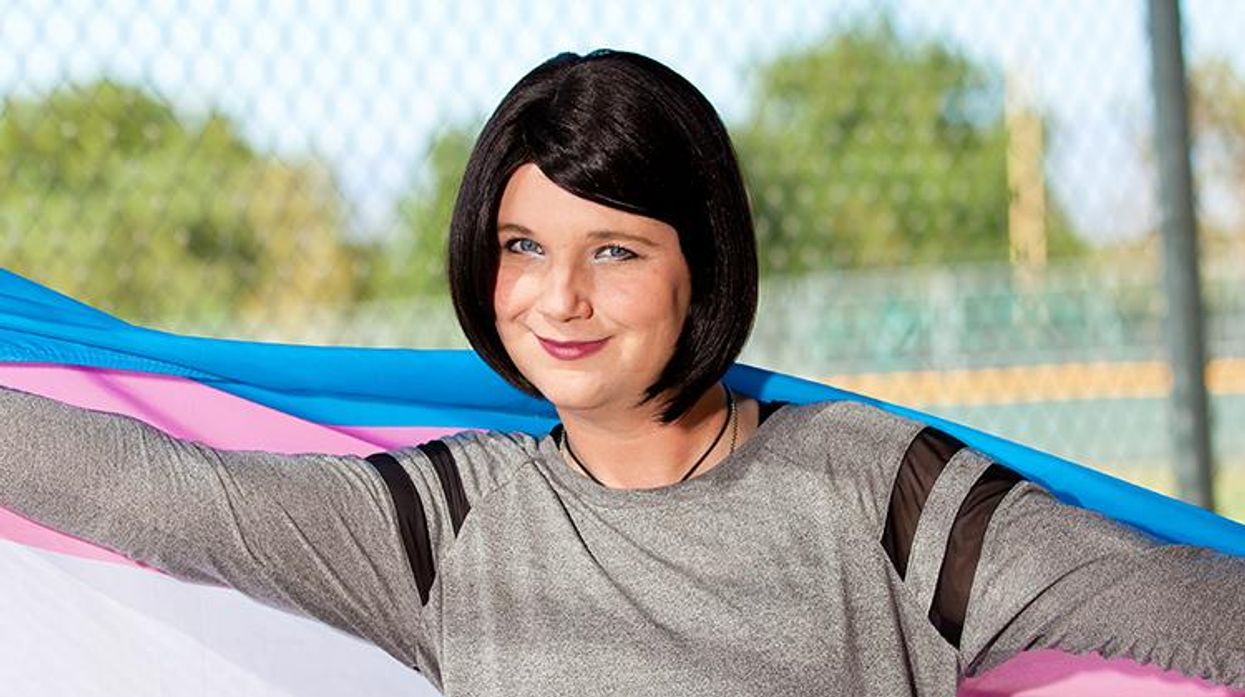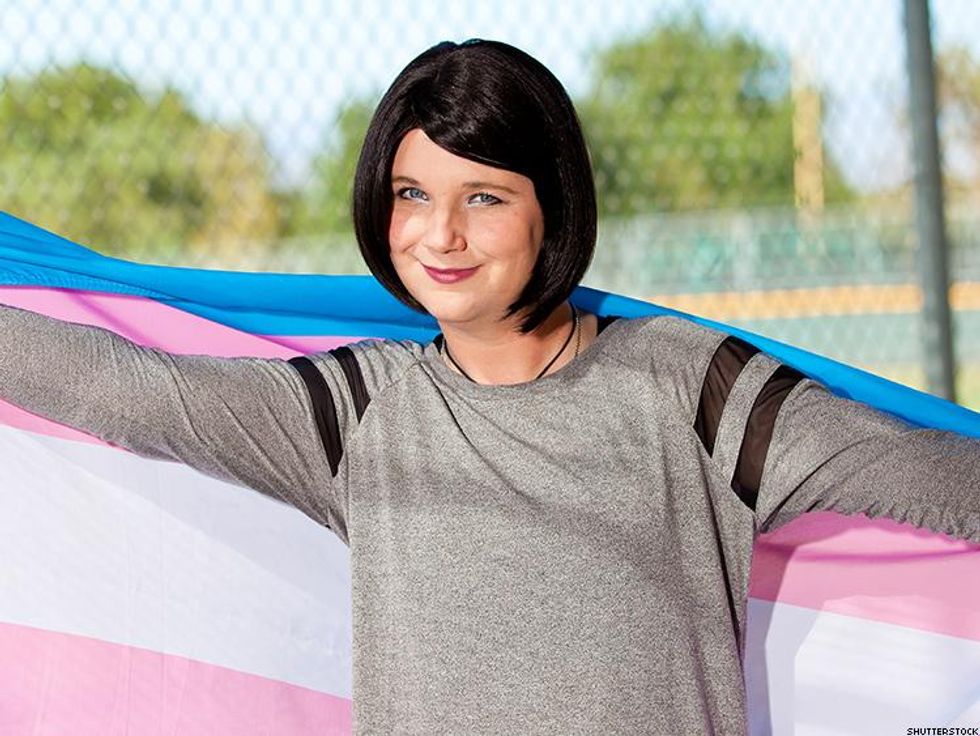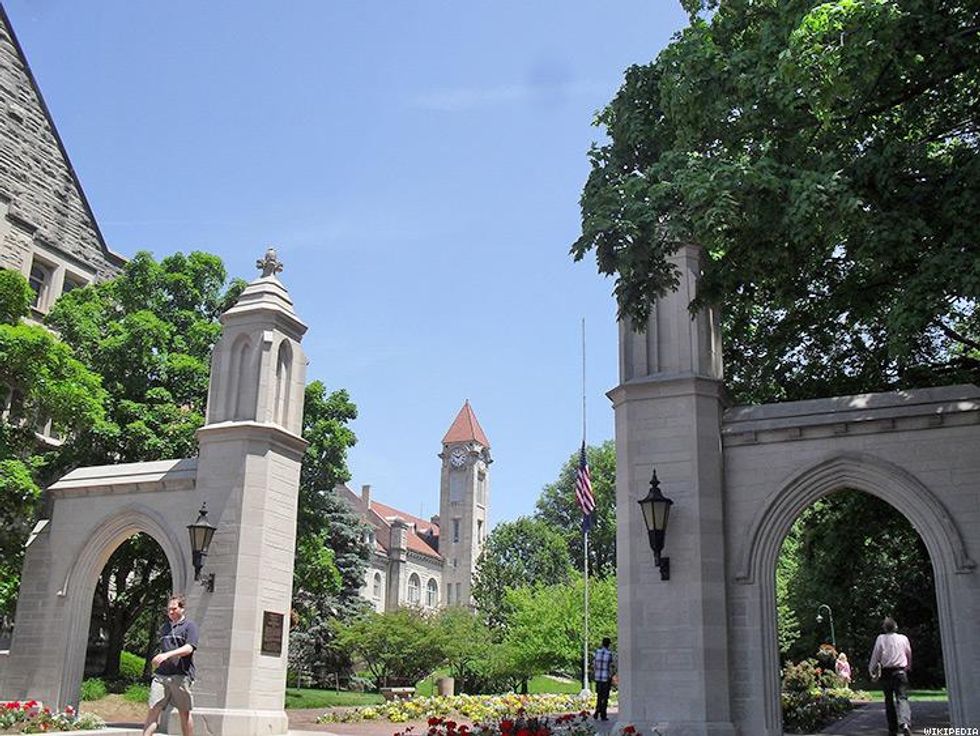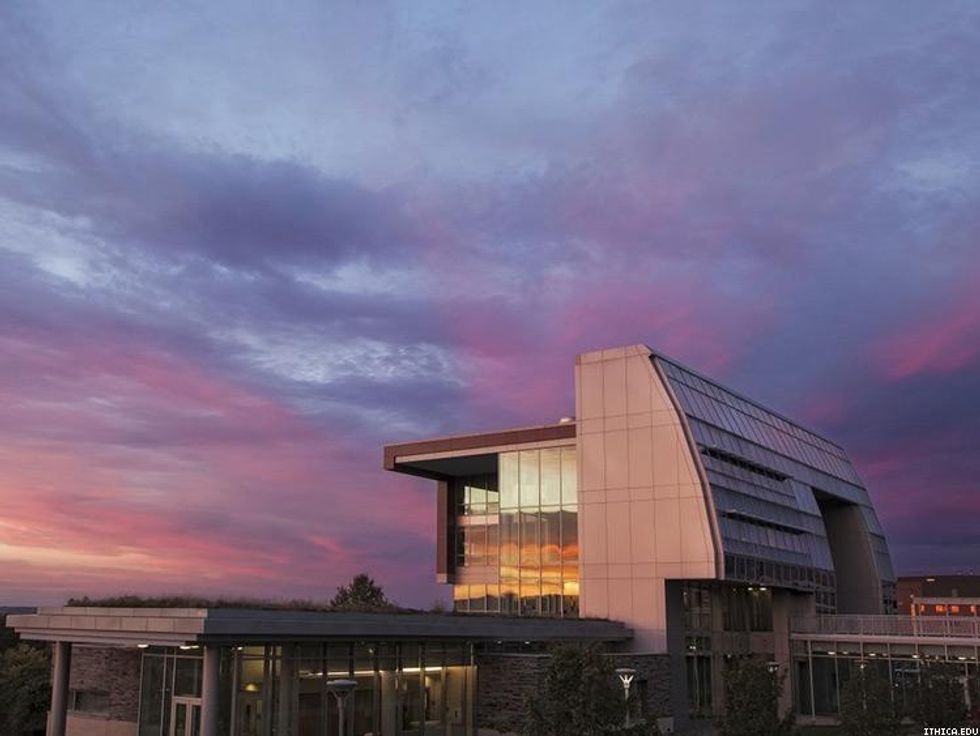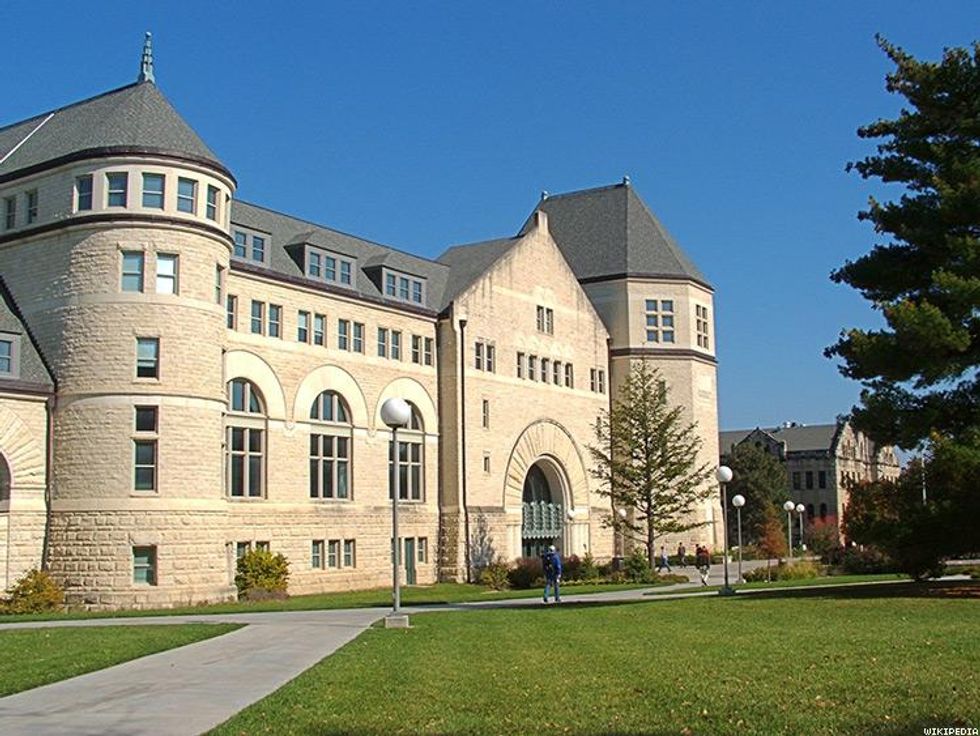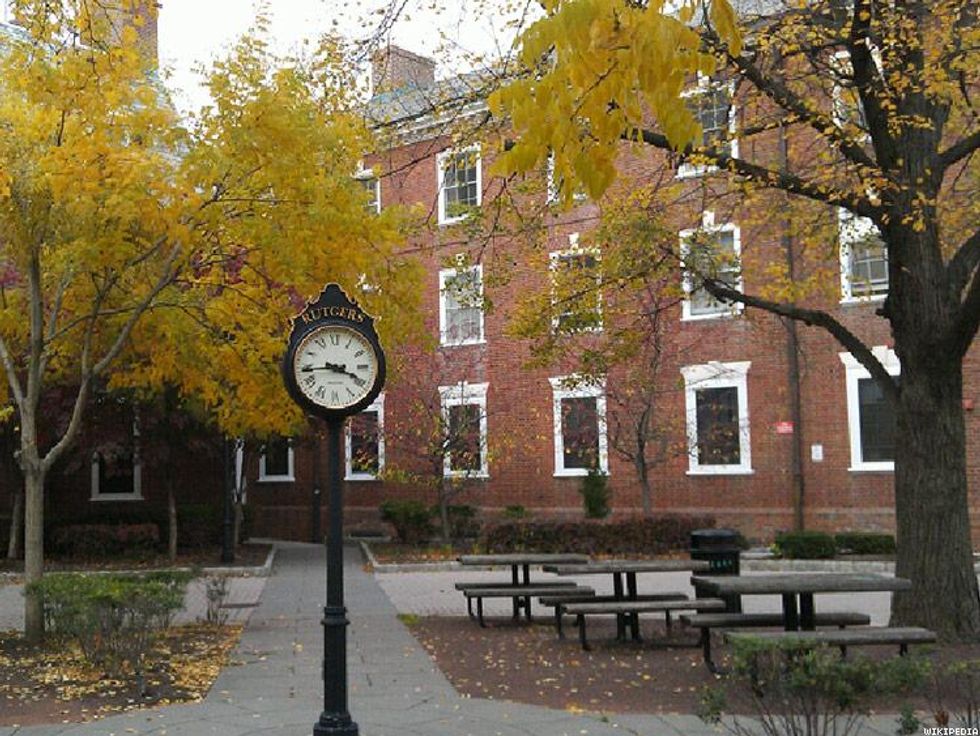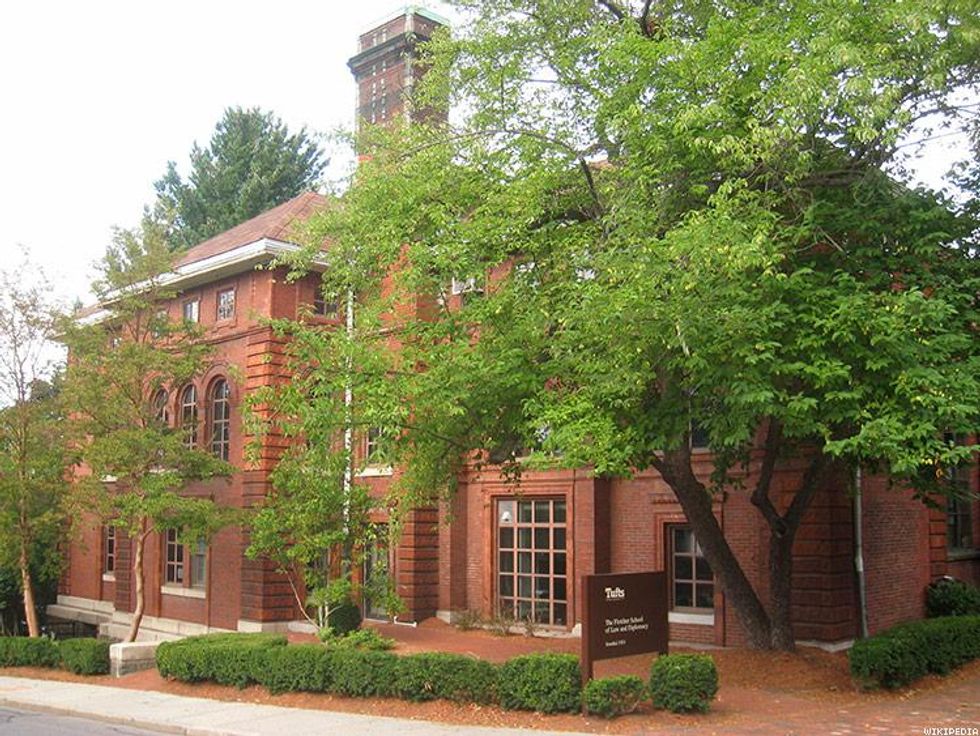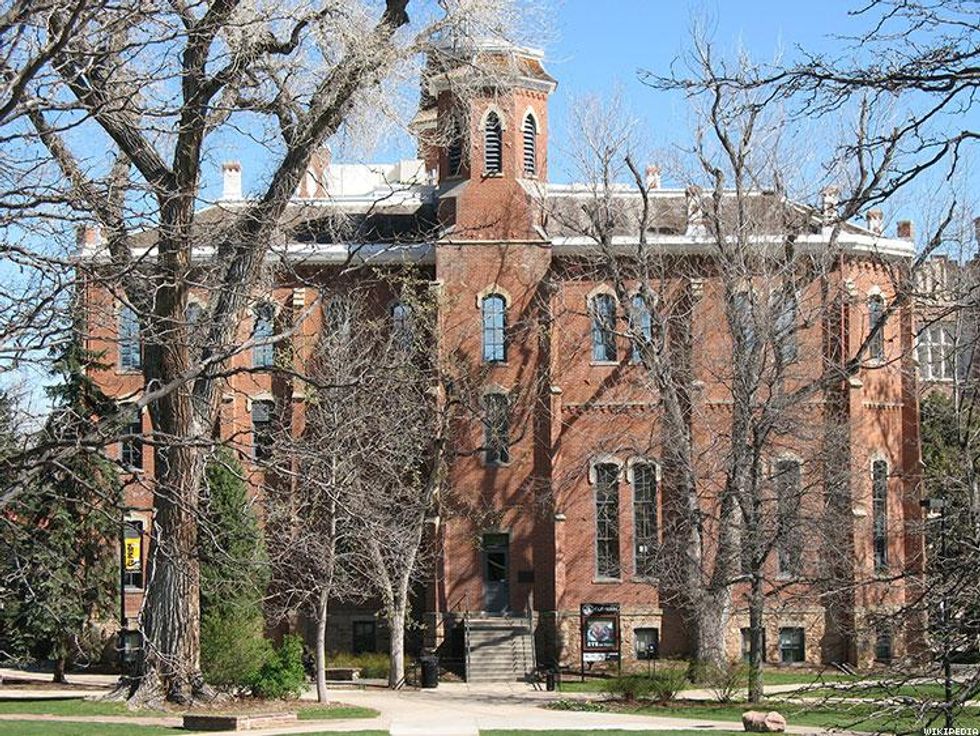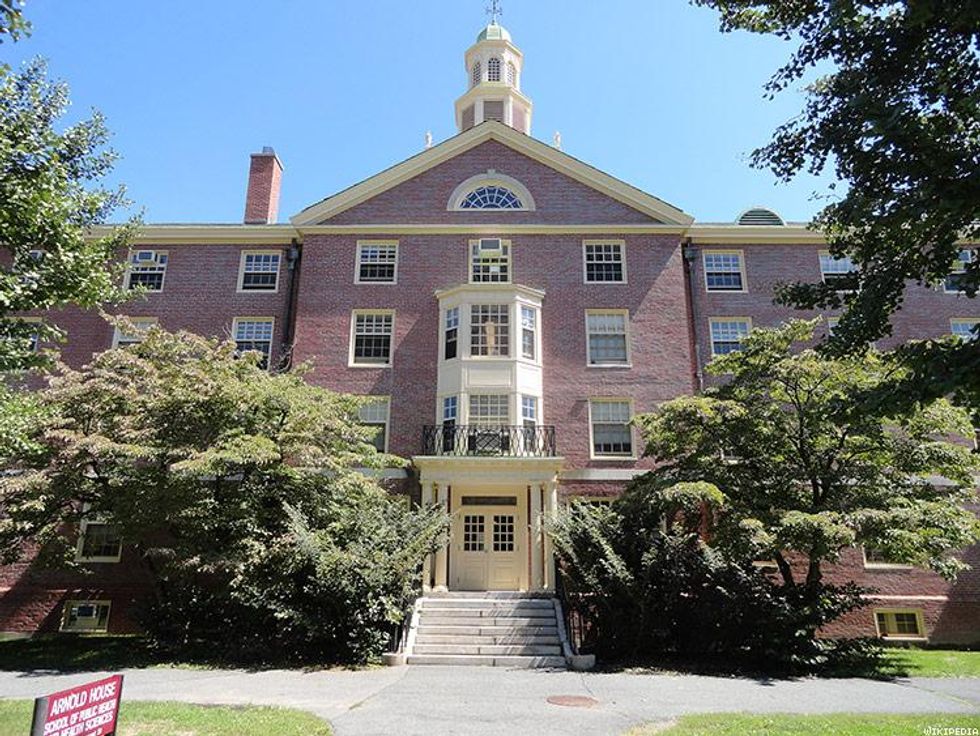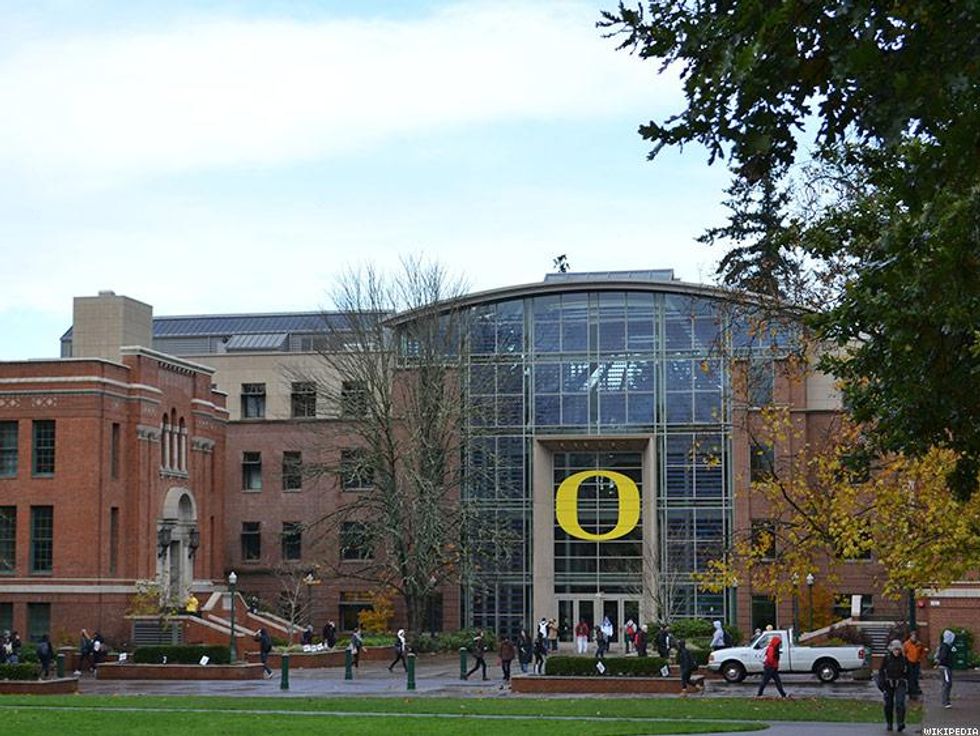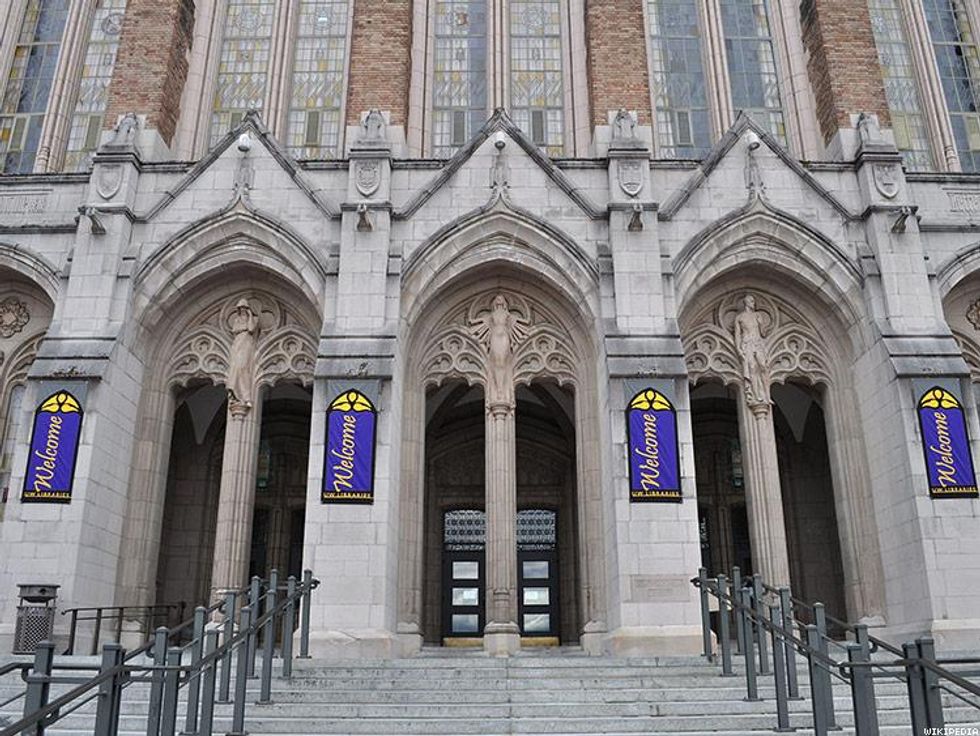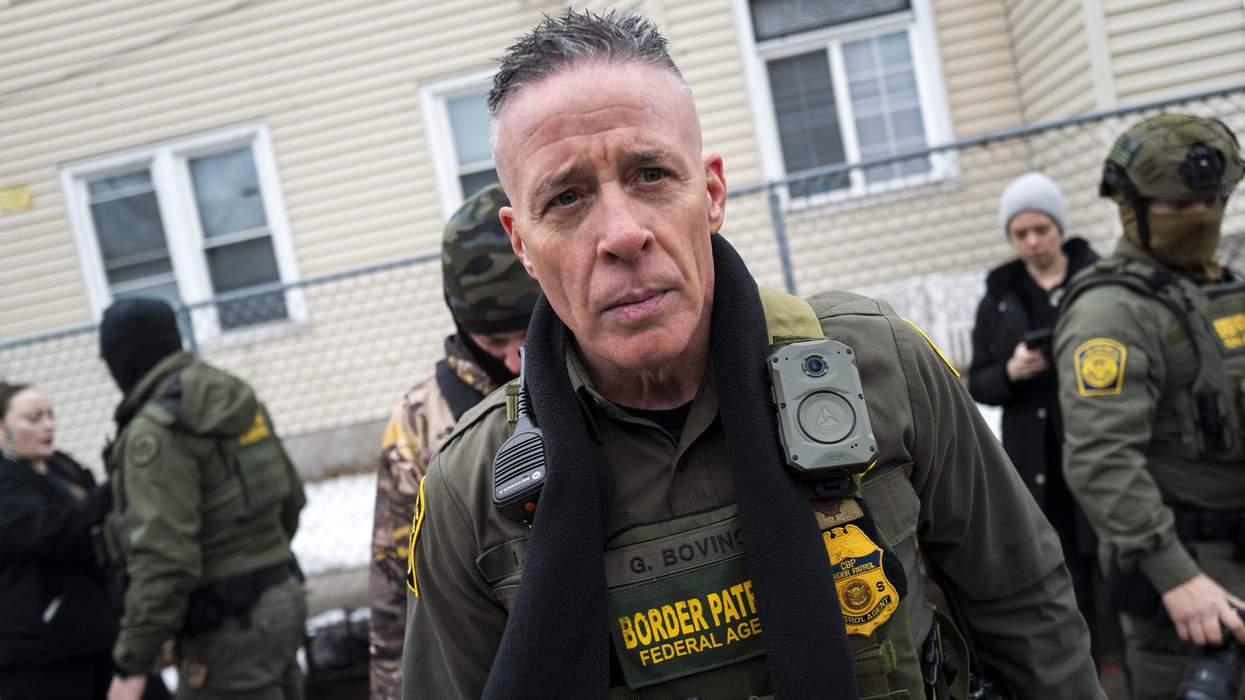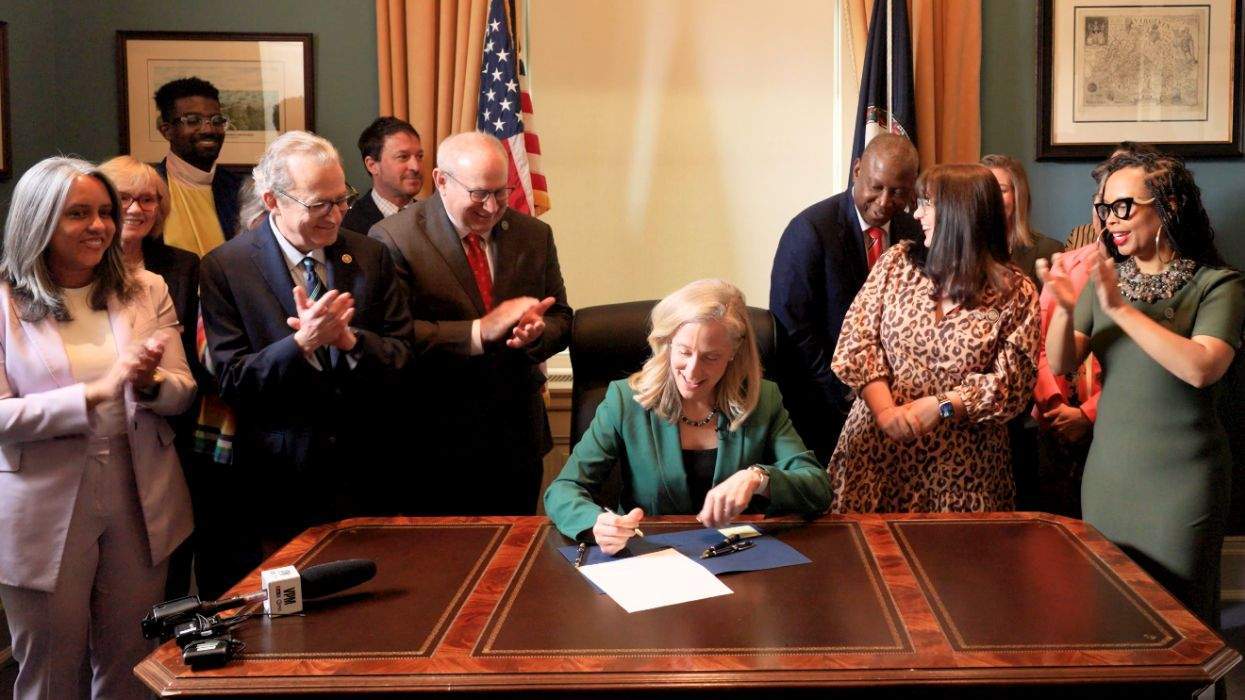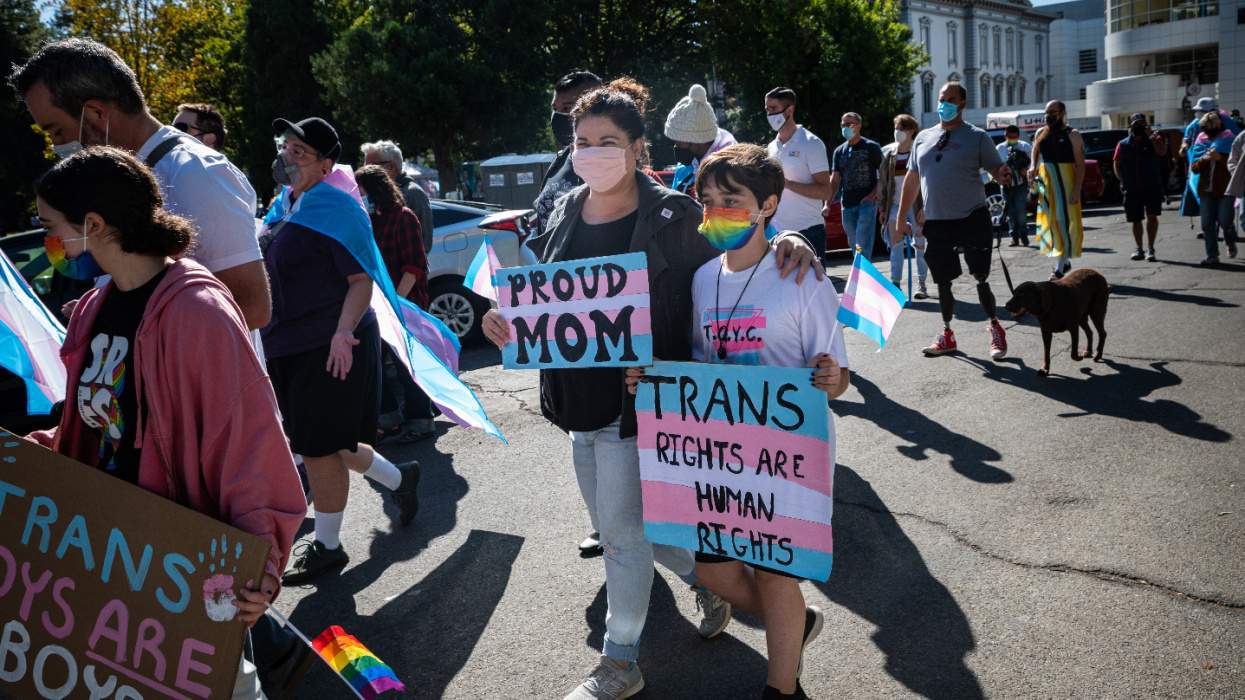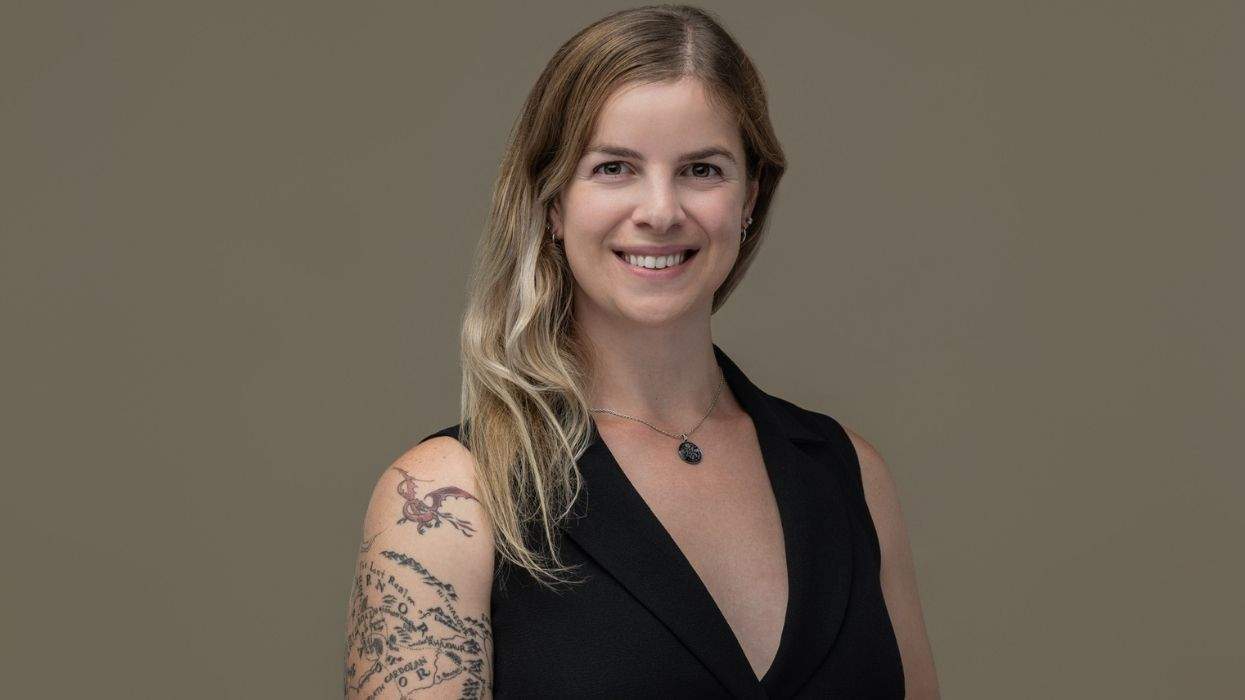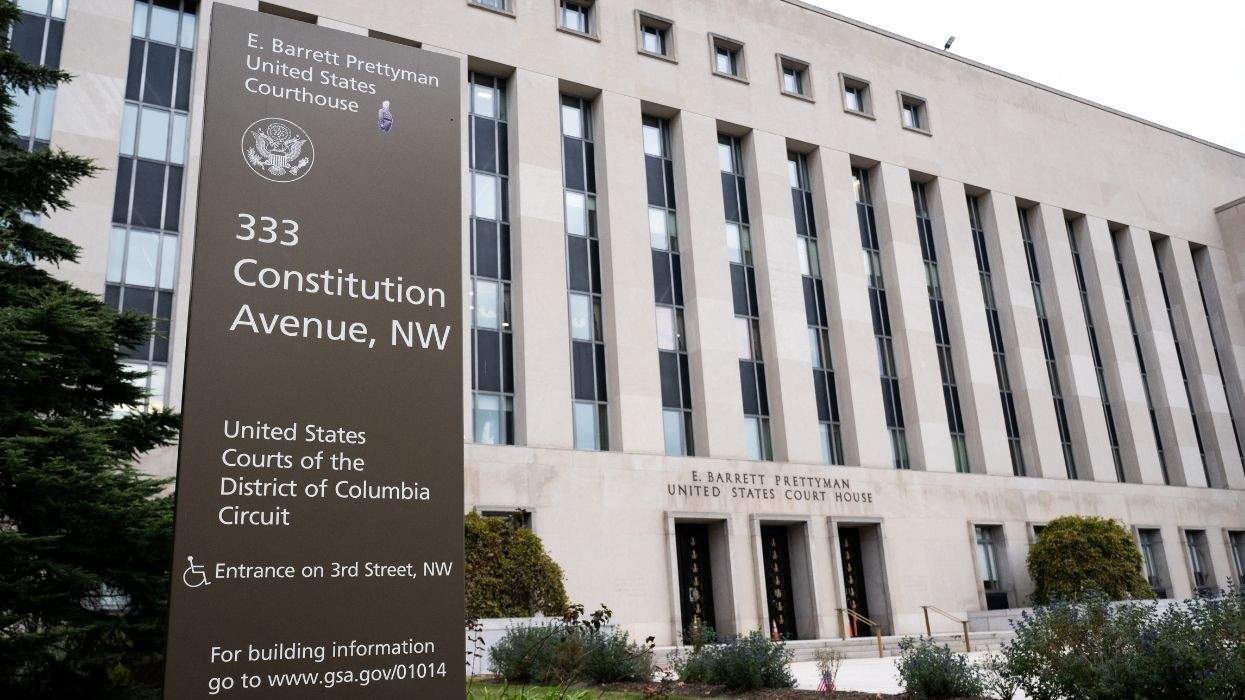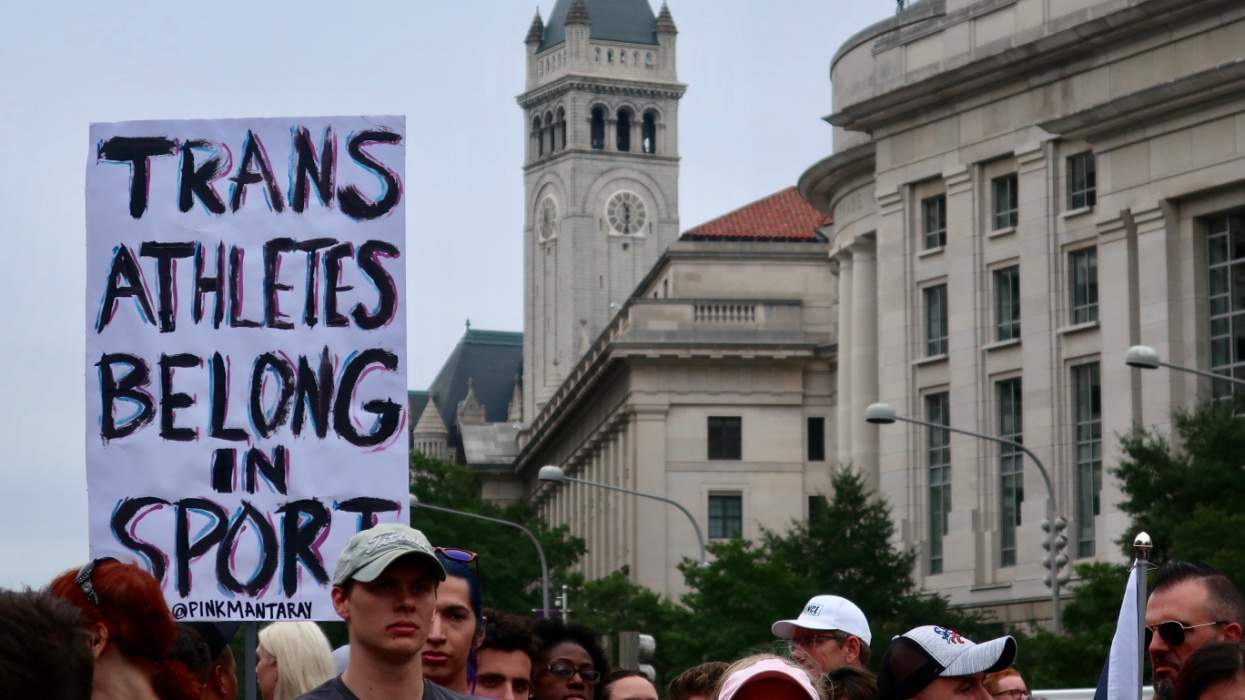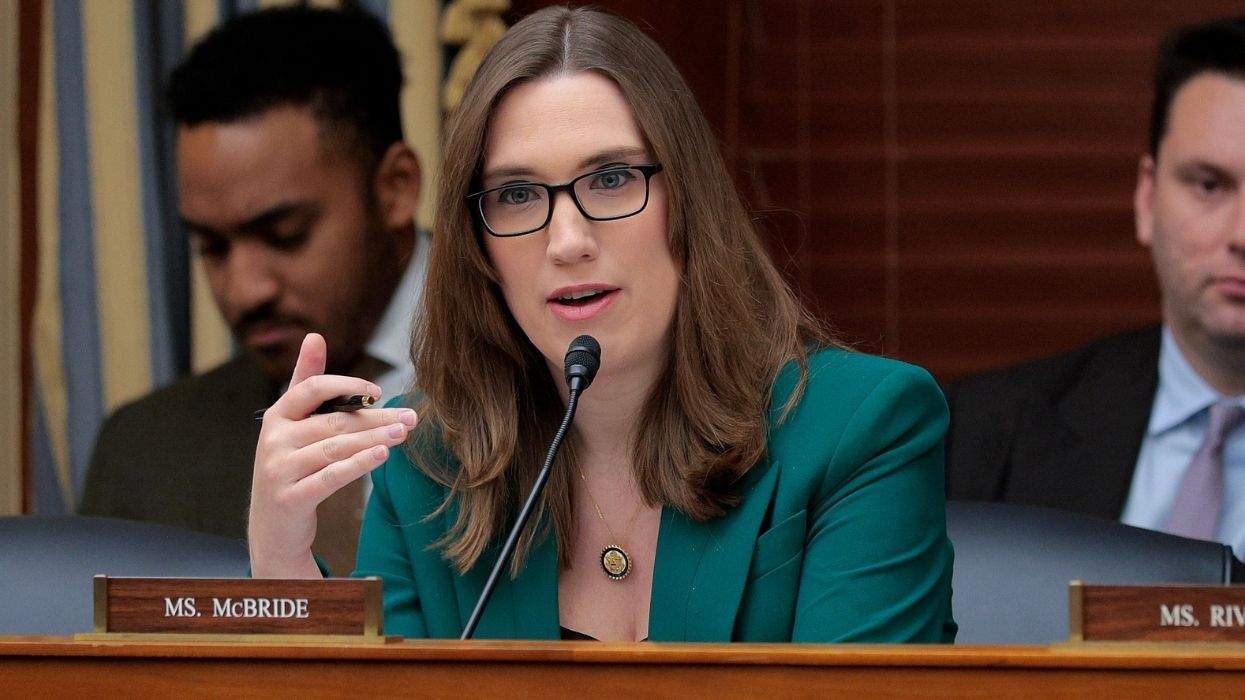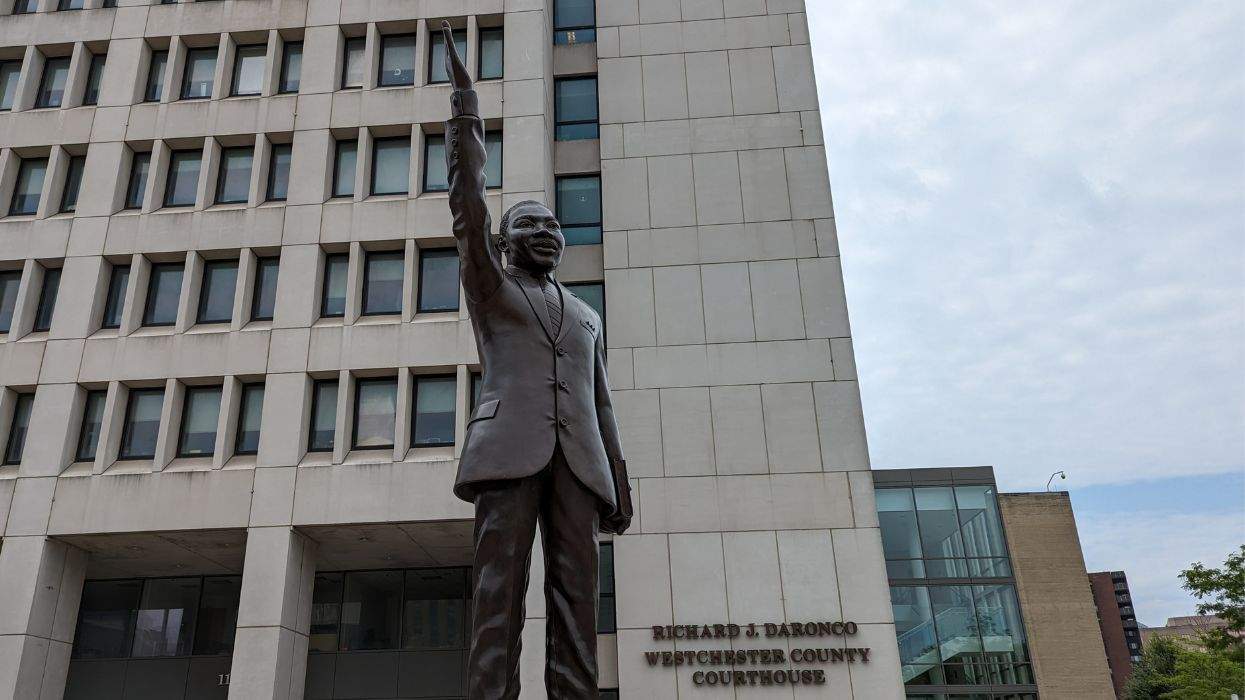The limited rights that trans people have gained in the last decade are being eroded or taken away in many areas of society. For example, the federal government is no longer enforcing Title IX to prevent discrimination against trans students, and more than a dozen states are seeking to enact laws that would ban trans people from using the restrooms that correspond with their gender identity. But a bright spot comes in the form of college campuses, many of which are seeking to become more trans-inclusive, despite and sometimes because of the increasingly hostile climate for trans people nationwide.
Trans-supportive colleges and universities offer numerous policies and practices to address the needs of their trans students, including providing gender-inclusive restrooms in most campus buildings, enabling trans students to be housed in keeping with their gender identity, allowing students to change their name on campus records (e.g., ID cards and course rosters) without a legal name change, allowing students to change their gender marker on campus records without changing legal documents, covering transition-related medical expenses under student health insurance, having an optional gender identity question on admission applications, and providing private changing facilities and single-person showers in athletic facilities and recreational centers. The most trans-supportive institutions not only offer these policies but also have developed the best practices for implementing them. Many of these colleges also go beyond these basic policies to provide further support to trans students.
The 10 colleges that achieved the highest gender identity score on the Campus Pride Index (CampusPrideIndex.org) are listed below in alphabetical order, along with some of the policies that make them stand out as top schools for trans students.
1. Indiana University, Bloomington
Indiana University is a beacon in a state that gave rise to Vice President Mike Pence and a law that legalized discrimination against LGBT people in the name of "religious freedom" (which was modified after a boycott cost the state millions of dollars). Among the services that IU provides to trans students is having a therapist who specializes in working with trans people and who can provide recommendation letters for transitioning students seeking hormone replacement therapy and gender-affirming surgeries. The university is also home to the Kinsey Institute, so that students have ready access to one of the world's leading research archives on sexuality and gender. "The history of the Kinsey Institute, with their ongoing research, provides a rich environment on the IU campus for trans students," says Doug Bauder, the director of the college's LGBTQ+ Culture Center.
2. Ithaca College
Although it is the smallest institution and the only college on this list, Ithaca College is one of the country's top trans-supportive institutions because it offers a tremendous amount of resources and services for its trans students. For example, Ithaca has an open housing policy that enables all returning students to live with whomever they want, regardless of sex or gender. The college is also nationally known for its Voice and Communication Program for Transgender People, which is offered through its Speech Path clinic at no charge to students and employees and their family members. "Services and policies like our open housing policy and Voice and Communication Program help create a climate in which students can feel safe, valued, and affirmed in learning, living, and working on campus, and devote all their energy to pursuing academic and co-curricular goals that are meaningful to them," says Luca Maurer, director of campus LGBT Education, Outreach, and Services.
3. Kansas State University
With Kansas being one of the states that is trying to pass a bill to deny trans people access to appropriate restrooms, there is a great need for education in the state. KSU is doing its part by offering various training sessions for members of the campus community that address gender identity and the experiences of trans people. The university's LGBT Resource Center has also created a program that builds ties between trans people on campus and local and regional trans and human rights groups. "The purpose of this project is to help connect transgender and gender-nonconforming students, faculty, and staff to opportunities in employment and mentorship and further build a sense of community," says Brandon Haddock, the director of the center.
4. Portland State University
To address the harassment that trans people experience and fear experiencing in gendered restrooms, Portland State has joined a growing number of colleges and universities in converting all of its single-stall restrooms to gender-inclusive facilities and adopted a policy of including gender-inclusive restrooms in all new and significantly renovated buildings. Portland State goes further by prioritizing the addition of multistall over single-stall gender-inclusive restrooms because they can accommodate a larger number of people during peak times and not force trans students to have to wait for a facility. According to Craig Leets, the director of the campus Queer Resource Center, PSU now has six multistall gender-inclusive restrooms in four major academic buildings, with three more slated to open in the next year.
5. Rutgers University
With more and more young trans women and men seeking to transition in college, a growing number of institutions are covering trans hormone replacement therapy and gender-affirming surgeries under student health insurance. Rutgers is among these colleges and universities, but it goes further by assisting trans students to receive hormones and have them monitored on campus, which makes transitioning easier and more accessible. Rutgers also has an emergency fund for LGBTQ+ students in need of basic assistance, such as for food, housing, health services, and transportation. Given that many trans students are financially cut off by their families when they come out or are outed, having such a fund is very important.
6. Tufts University
Most campus LGBTQ+ centers are administratively located in Student Affairs and often do not directly support academic research. But in 2006, the LGBT Center at Tufts launched the Tufts Queer History Project, an online history of LGBTQ+ life on campus for much of the past 50 years. The work provides a rare glimpse of how student activism and institutional support for LGBTQ+ inclusion have changed over the decades. Tufts also stands out for having a wealth of trans-inclusive student organizations. In addition to a trans-specific discussion group, the university has groups that trans students can join that focus on asexuals, queer women, bisexuals and pansexuals, queer and trans people of color, individuals who are questioning their sexuality or gender or who are coming out, and graduate students.
7. University of Colorado, Boulder
To make sure that its trans students receive high quality, supportive health care, Colorado's health center has created a trans health care team consisting of a doctor who specializes in transitioning-related services, mental health providers, and staff who can address insurance and policy issues. The group meets regularly to facilitate care and communication between the medical and mental health clinics. Colorado, which was one of the first universities to create gender-inclusive restrooms across campus, has also been a pioneer in establishing gender-inclusive athletic facilities. Its rec center has nine gender-inclusive bathrooms. Each consists of private toilet and shower spaces, with some sharing a locker area.
8. University of Massachusetts, Amherst
In addition to making almost all of its single-user restrooms gender-inclusive, UMass Amherst has a formal restroom/bathroom policy that enables people to use the gendered facility in which they feel safer and more comfortable. It is one of the only colleges to have such a policy as a means to minimize the gender policing of restrooms. Recognizing that the best policies have little impact if people do not know about them, members of the University's Restroom and Bathroom Committee have given presentations to almost all faculty members and to the staffs in Student Affairs, Facilities, and Auxiliary Services about the institution's expectations related to restrooms and about not making gender assumptions. All new Student Affairs staff are required to take an online course about campus restroom policies.
9. University of Oregon
Oregon's LGBTQ Education and Support Services office provides two unique programs for prospective and incoming LGBTQ+ students. It hosts an annual campus visit day for GSAs (Gay/Straight or Gender and Sexuality Alliances) in the region to introduce high school students to college life and to the University's LGBTQ+ resources. For incoming students, it offers OUTreach, in which returning students volunteer to introduce new students to campus LGBTQ+ programs. OUTreach members also attend and provide support at local GSA meetings and help with the GSA Visit Day.
10. University of Washington
The university's Q Center employs a part-time counselor who facilitates a gender discussion group and provides drop-in and scheduled advising/counseling for students. "After two years of collecting data from this program, we have found that 25 percent of the people that see [the counselor] report suicidality," says Jen Self, the director of the Q Center. Other concerns that were commonly raised include anxiety, depression, self-harm, identity development, navigating university systems, academic adjustment and support, housing, and financial aid. Having this type of counseling available is especially critical to trans students, who are much more likely to struggle with depression and anxiety than cis students. The counselor also collaborates with LGBTQ+ student groups in developing cultural and arts programs that focus on healing from the harm caused by societal oppression.
GENNY BEEMYN, Ph.D. is a leading expert on the experiences of trans people in the United States, particularly the lives of trans students, and on the development of trans-inclusive college policies and practices. They are the Trans Policy Clearinghouse coordinator for Campus Pride and the director of the Stonewall Center at the University of Massachusetts, Amherst. Genny has written or edited 10 books/journal issues, including The Lives of Transgender People (with Sue Rankin; Columbia University Press, 2011) and special issues of the Journal of LGBT Youth on "Trans Youth" and "Supporting Transgender and Gender-Nonconforming Children and Youth" and a special issue of the Journal of Homosexuality on "LGBTQ Campus Experiences." Genny's most recent works are A Queer Capital: A History of Gay Life in Washington, D.C. (Routledge, 2014) and an issue of the Journal of Lesbian Studies on "The Intersections of Trans Women and Lesbian Identities, Communities, and Movements" (2016). They are currently working on a book titled Campus Queer: The Experiences and Needs of LGBTQ+ College Students (Johns Hopkins University Press) and an anthology titled Outside the Gender Box: Trans People in Higher Education (SUNY Press). Genny has a Ph.D. in African-American studies and master's degrees in African-American studies, American studies, and higher education administration.
